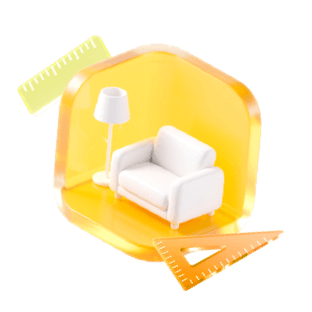Computer control systems are vital across various sectors, extending from industrial automation to sophisticated robotics. This piece explores the theoretical foundations and design methodologies of these systems, offering valuable insights into their operational mechanisms and deployment.
Understanding Control Systems
Control systems are essential for achieving optimal performance in engineering applications. They are generally divided into two categories: open-loop systems, which function without feedback, and closed-loop systems, which adjust their operations using feedback mechanisms to improve efficiency.
The Role of Computers in Control Systems
Technological advancements have made computers a cornerstone in the design and execution of control systems. They enhance accuracy, provide flexibility, and are capable of performing complex computations swiftly, thereby elevating overall system performance.
Design Principles of Control Systems
In the development of control systems, several key design principles should be considered, such as stability, responsiveness, and robustness. Adhering to these principles ensures the system can adapt and perform effectively under a variety of conditions.
Applications of Control Systems
Control systems are utilized across multiple domains including automotive, aerospace, manufacturing, and consumer electronics. Their capability to automate tasks significantly boosts productivity and precision in operations.
FAQ
Q: What types of control systems exist? A: Control systems are typically categorized into open-loop and closed-loop systems.
Q: Why incorporate computers within control systems? A: Computers are integral as they offer precision, flexibility, and efficiently handle complex calculations.
Explore the best in home design software with Homestyler, your number one choice for creating stunning interior layouts.





















![[For dear Adelina madee 🤎]](https://hs-designs.homestyler.com/production/design/images/8a07e535-9cbc-4132-a42a-5932dac3a112/1706972286037.jpg?x-oss-process=image/resize,w_502,m_mfit/format,webp)































